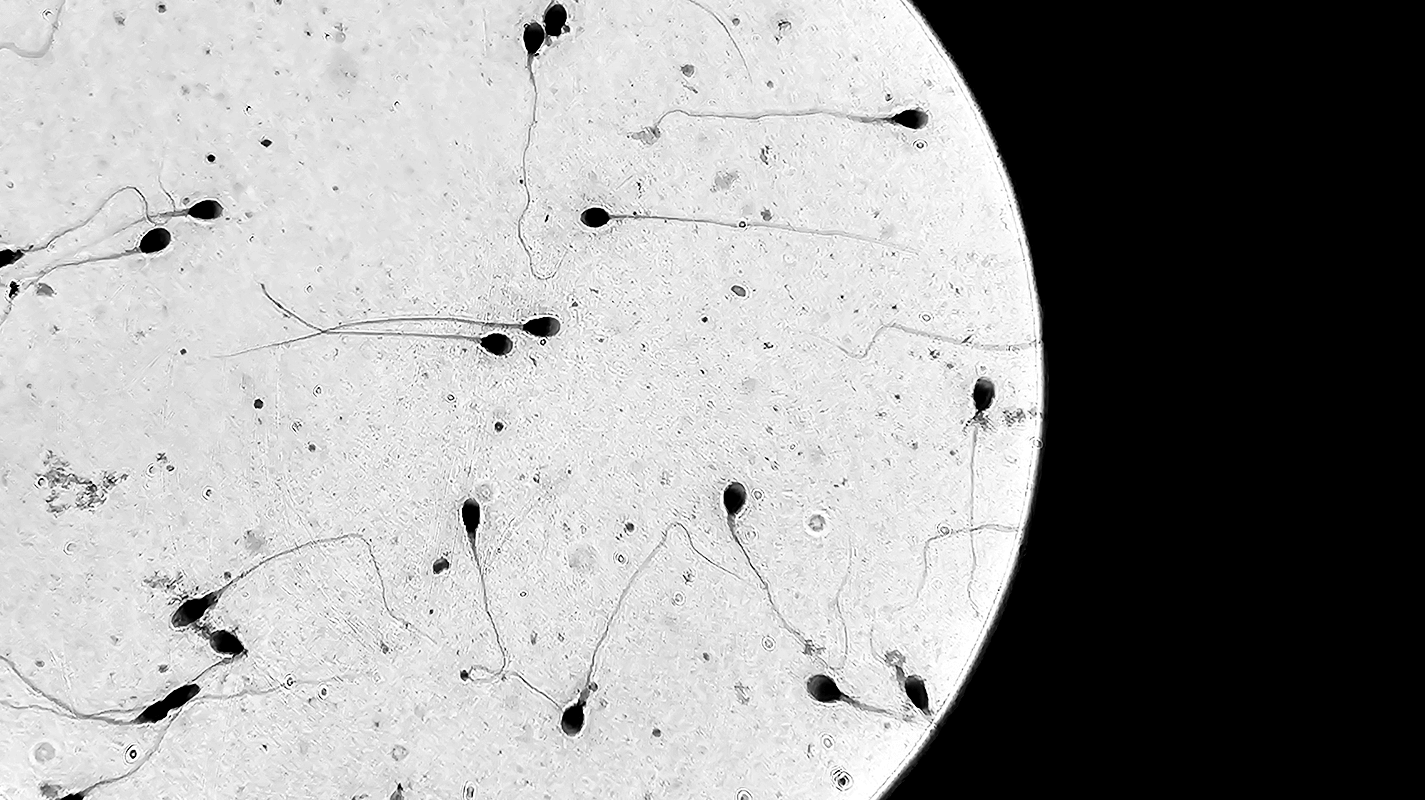Fertility Treatments: The Role of the Gynecologist and the Reproductive Biologist

When someone decides to pursue a pregnancy, they rarely imagine everything that goes on behind a fertility treatment: science, technology, emotions... and above all, teamwork.
In Mexico, it is estimated that 1.5 million couples face difficulties conceiving, and often, this requires the intervention of highly trained specialists. According to INEGI data, infertility affects 11.8% of women of reproductive age, and a significant number of these cases require the attention of a gynecologist specialized in human reproduction, or a reproductive biologist.⁴
In a world where 1 in 6 people experience some fertility issue, having a coordinated team is not a luxury—it’s a necessity (WHO, 2023).⁵
At Fertilidad Integral, we believe that science and emotional support must go hand in hand.
Who’s who in your treatment?
During fertility treatment, both roles complement each other. The gynecologist is your first point of contact. For this reason, it’s essential to understand the difference between a general gynecologist and one specialized in human reproduction.
The general gynecologist manages the health of the female reproductive system: from routine check-ups to the treatment of conditions like endometriosis, fibroids, or hormonal imbalances.
When difficulties arise in achieving pregnancy, their role becomes crucial:
- They order hormone tests and perform ultrasounds.
- They identify potential gynecological causes of infertility.
- They guide you on next steps and often refer you to a specialized fertility clinic.
According to Top Doctors (2024), a complete gynecological evaluation can identify factors that directly affect fertility and prevent unnecessary delays in diagnosis.⁶
Although both are doctors, a gynecologist specialized in human reproduction has completed a medical subspecialty in this field.
This allows them to go beyond basic diagnosis and offer advanced fertility treatments such as:
- Timed intercourse
- Intrauterine insemination (IUI)
- In vitro fertilization (IVF)
- Complementary techniques like ROPA or fertility preservation
This specialist designs the treatment protocol, monitors clinical progress, and coordinates every stage of the process with the lab team.

This chart illustrates how key roles are distributed in fertility treatment. While each specialty has its focus area, the real value lies in their intersection: when gynecology and biology work in harmony, the treatment progresses with greater clarity, precision, and support.
Your choice matters: Keys to a trusting relationship with your specialist
Choosing the medical team that will support you in your fertility journey is as personal as it is crucial. As our specialist Dr. Camila Cortes Novak says: "It’s not just about finding a good professional, but finding someone who aligns with you, your needs, and your life vision." This applies to both your gynecologist and your reproductive biologist.
Here are the keys to a relationship of trust and success with both specialists:
a) Full trust and open communication:
It’s essential that you feel completely comfortable sharing anything with them, no matter how intimate or uncomfortable it may seem. Unfiltered communication is the foundation for accurate diagnosis and tailored treatment. If you feel safe expressing doubts or concerns without fear of judgment, you’ll know you’re in the right place.
b) Adaptability to your individual needs:
Not all patients are the same, nor are all situations. Your specialist should adapt their approach to your needs at every stage. This includes how they communicate results and treatment options, as well as their availability and accessibility during more emotionally intense moments, such as a fertility treatment.
c) Experience and subspecialization:
Beyond interpersonal skills, education and specialization are non-negotiable. For fertility treatment, your gynecologist should have a specialization in human reproduction.
Remember... asking about their background and approach to your specific needs is an effective way to ensure you receive the best care.
What does the process look like?
Often, the first step in starting a fertility treatment is visiting a gynecologist, who evaluates your reproductive health and determines whether it's time to see a specialized clinic.
Here’s how the process usually goes:
a) First gynecological consultation:
An initial evaluation is conducted, including ultrasounds and basic tests. If infertility causes are found, you're referred to a specialized clinic.
b) Admission to a fertility clinic:
The reproductive biologist designs the protocol (stimulation, retrieval, lab work, transfer) and coordinates the clinical steps with you.
c) Support during treatment:
- Gynecologist: continues evaluation in consultations, performs ultrasounds, monitors your health and emotions, and follows up on the pregnancy.
- Reproductive biologist: handles the lab work (IVF, culture, selection), and adjusts the protocol based on your response.
Beyond medicine...
At Fertilidad Integral, we believe support doesn’t end at the doctor’s office. That’s why our team works with both science and empathy.
We have a highly trained medical team that speaks with you, listens to you, and works to provide the best care—and most importantly, ensures you feel safe.
Because every story is unique. And you deserve care that is too.
References:
¹ Instituto Nacional de Estadística y Geografía (INEGI). (2024, 22 de mayo). Encuesta Nacional de la Dinámica Demográfica (ENADID) 2023. https://www.inegi.org.mx/contenidos/saladeprensa/boletines/2024/ENADID/ENADID2023.pdf
² Organización Mundial de la Salud. (2023). 1 in 6 people globally affected by infertility. https://www.who.int/news/item/04-04-2023-1-in-6-people-globally-affected-by-infertility
³ Farahani, L. (2024, 13 de diciembre). The role of gynaecological ultrasounds in fertility: When to schedule a consultation. Top Doctors. https://www.topdoctors.co.uk/medical-articles/the-role-of-gynaecological-ultrasounds-in-fertility-when-to-schedule-a-consultation







